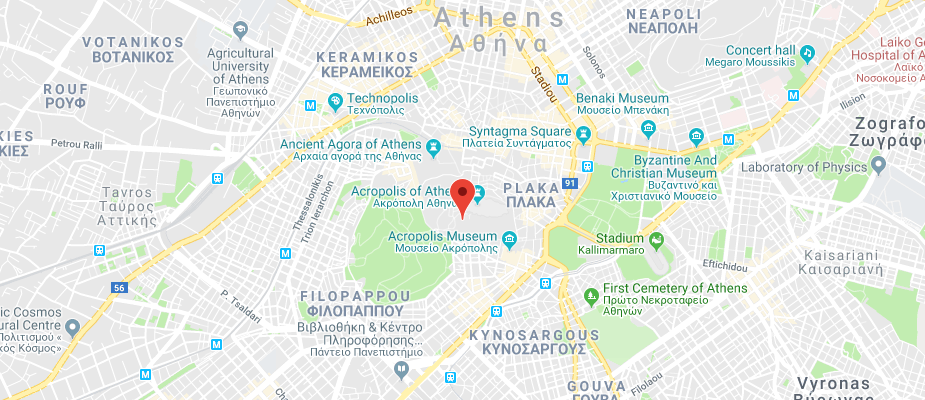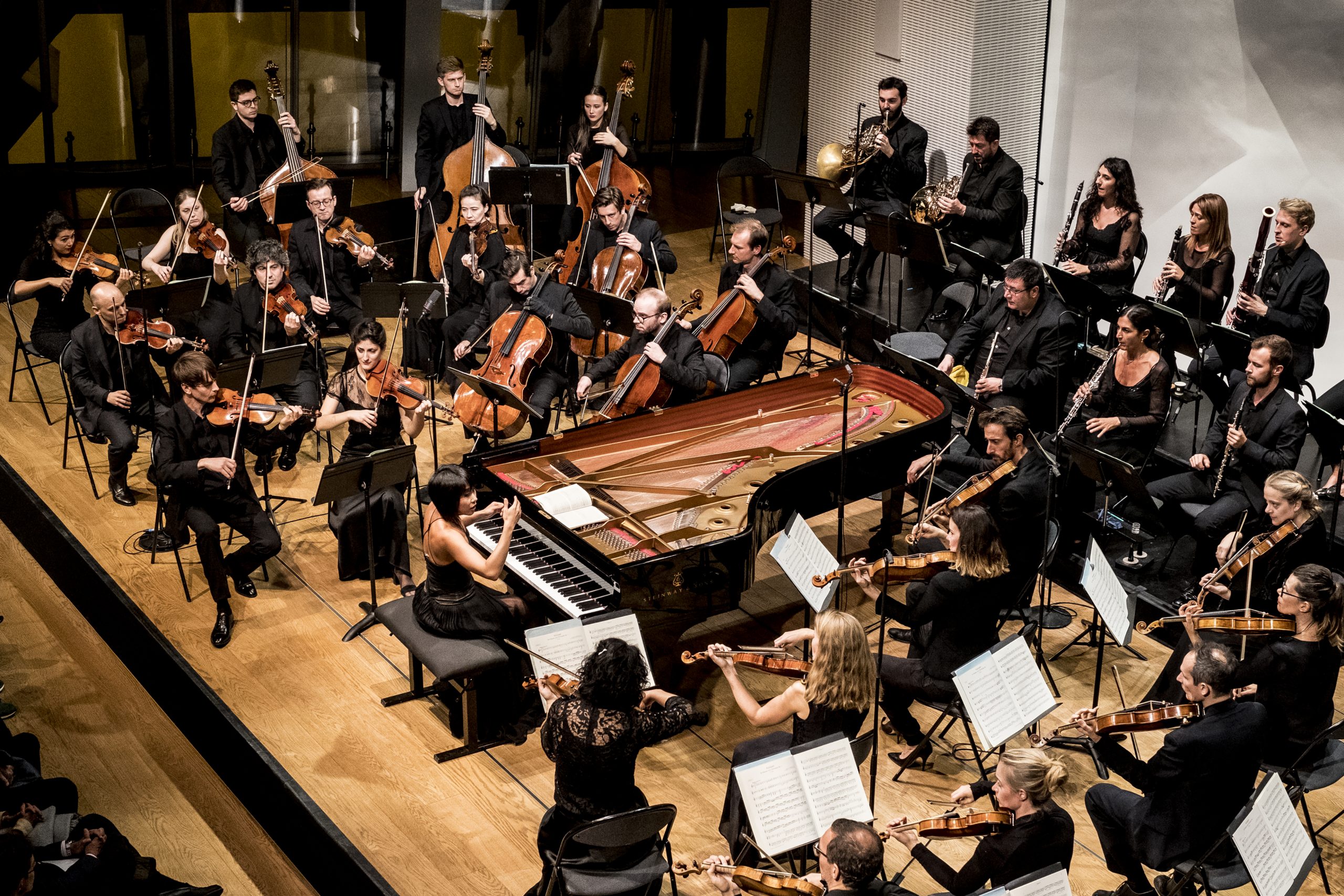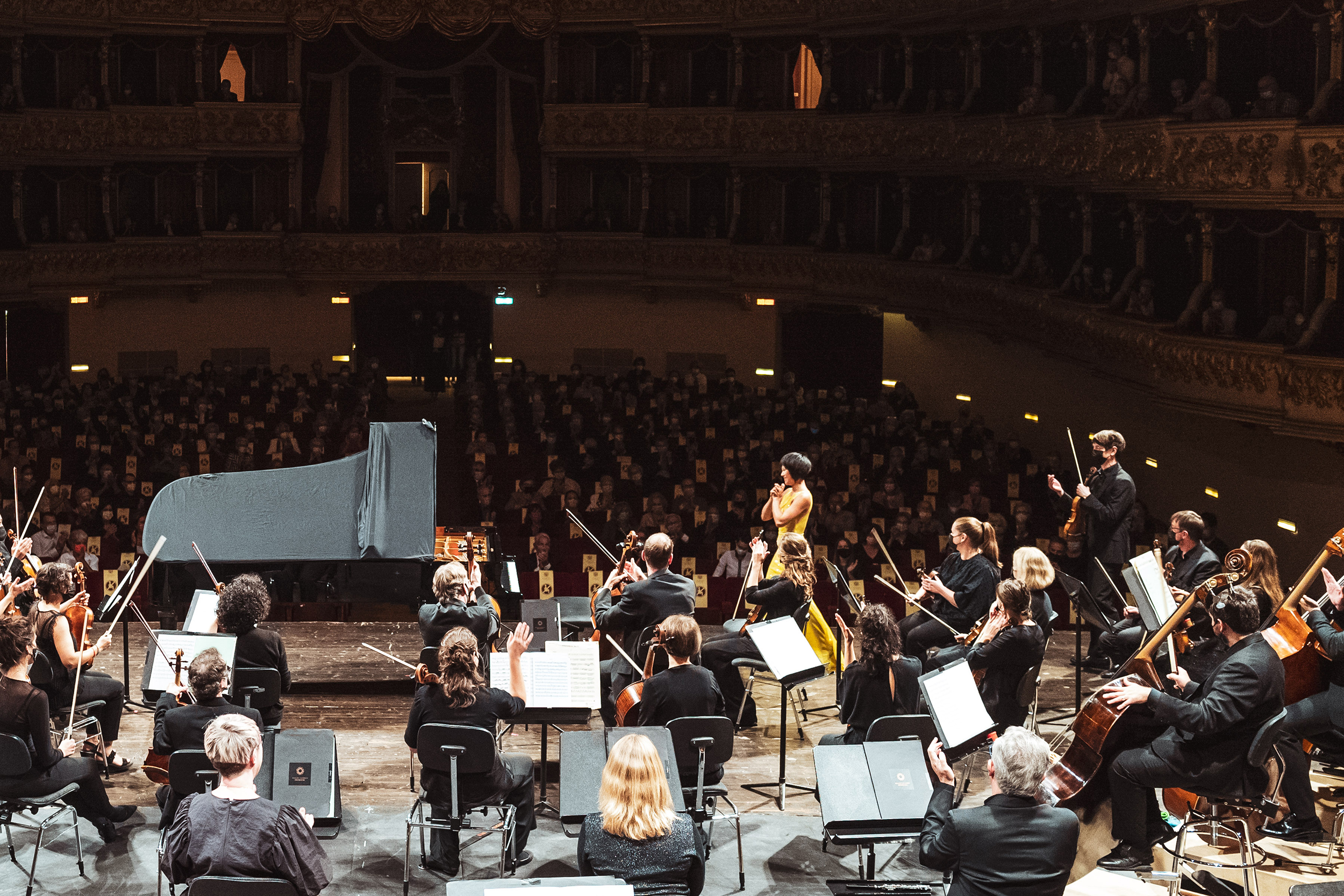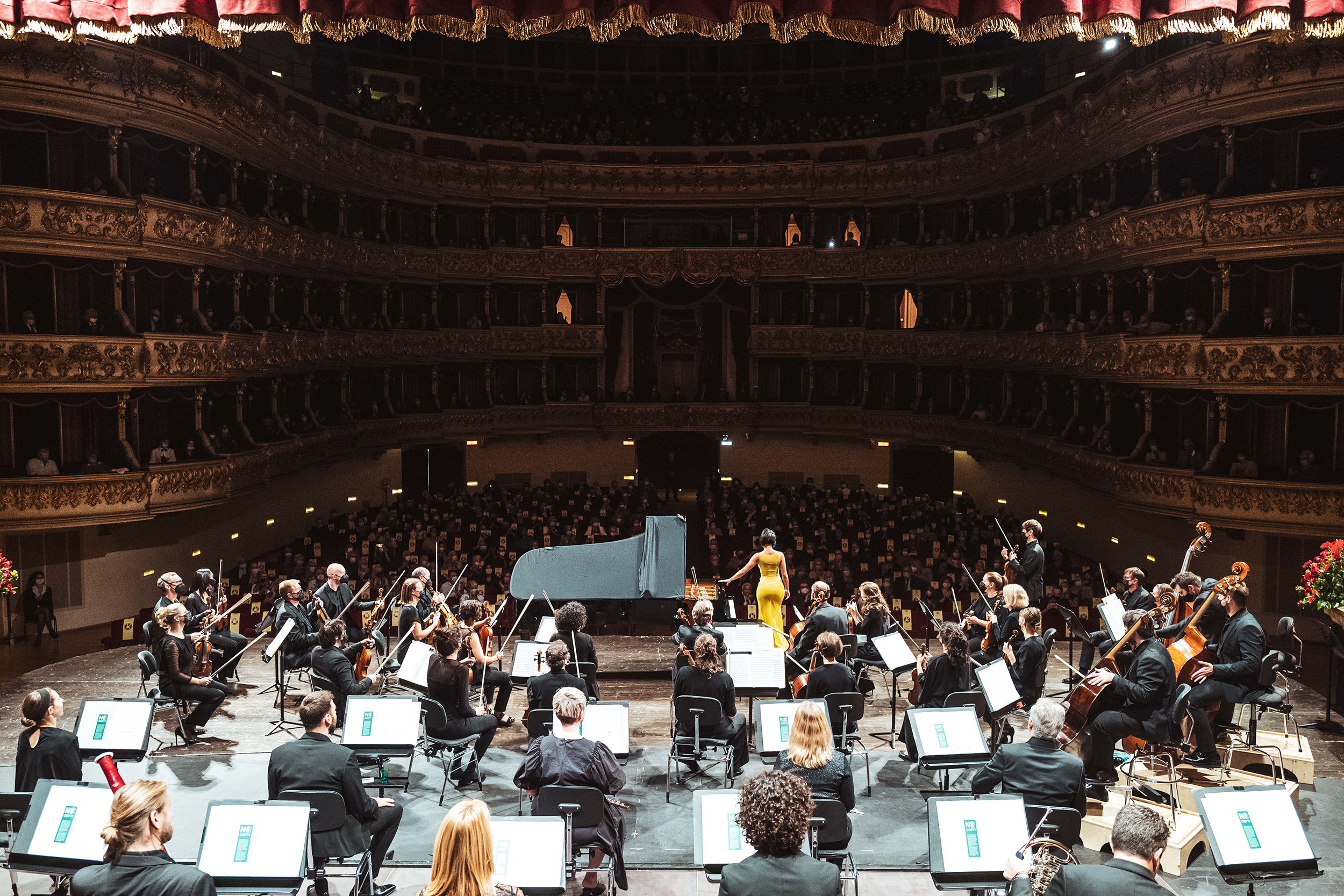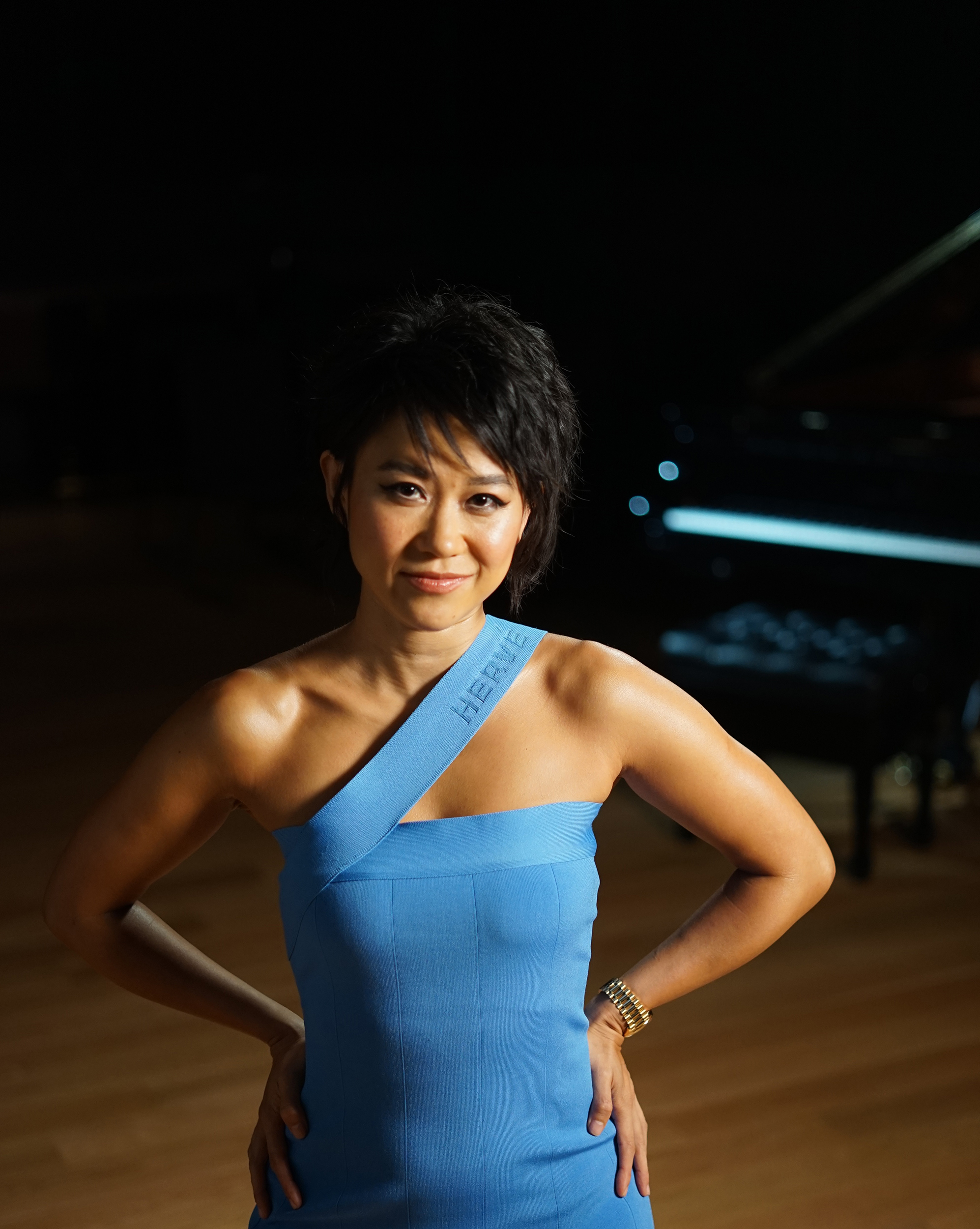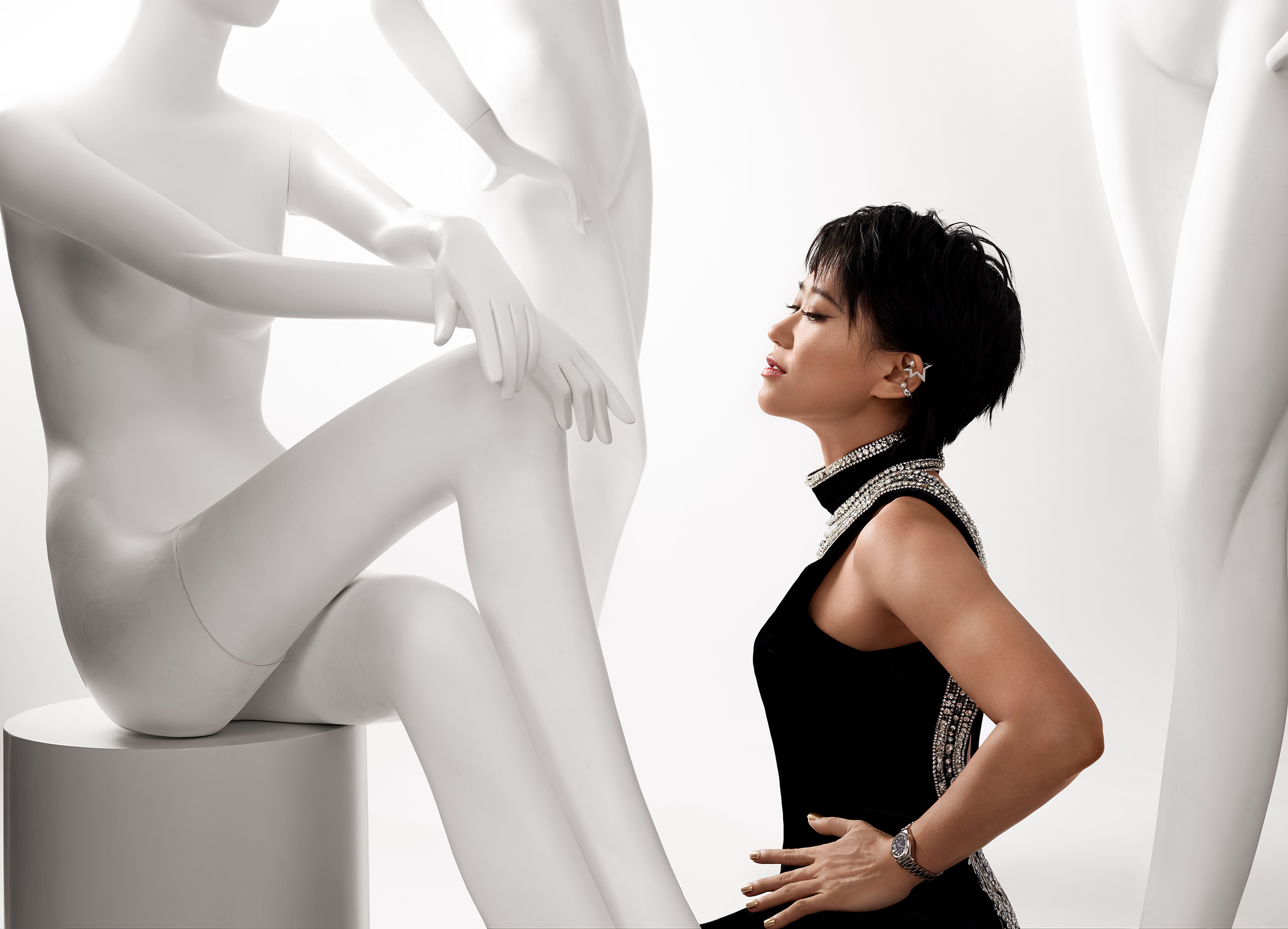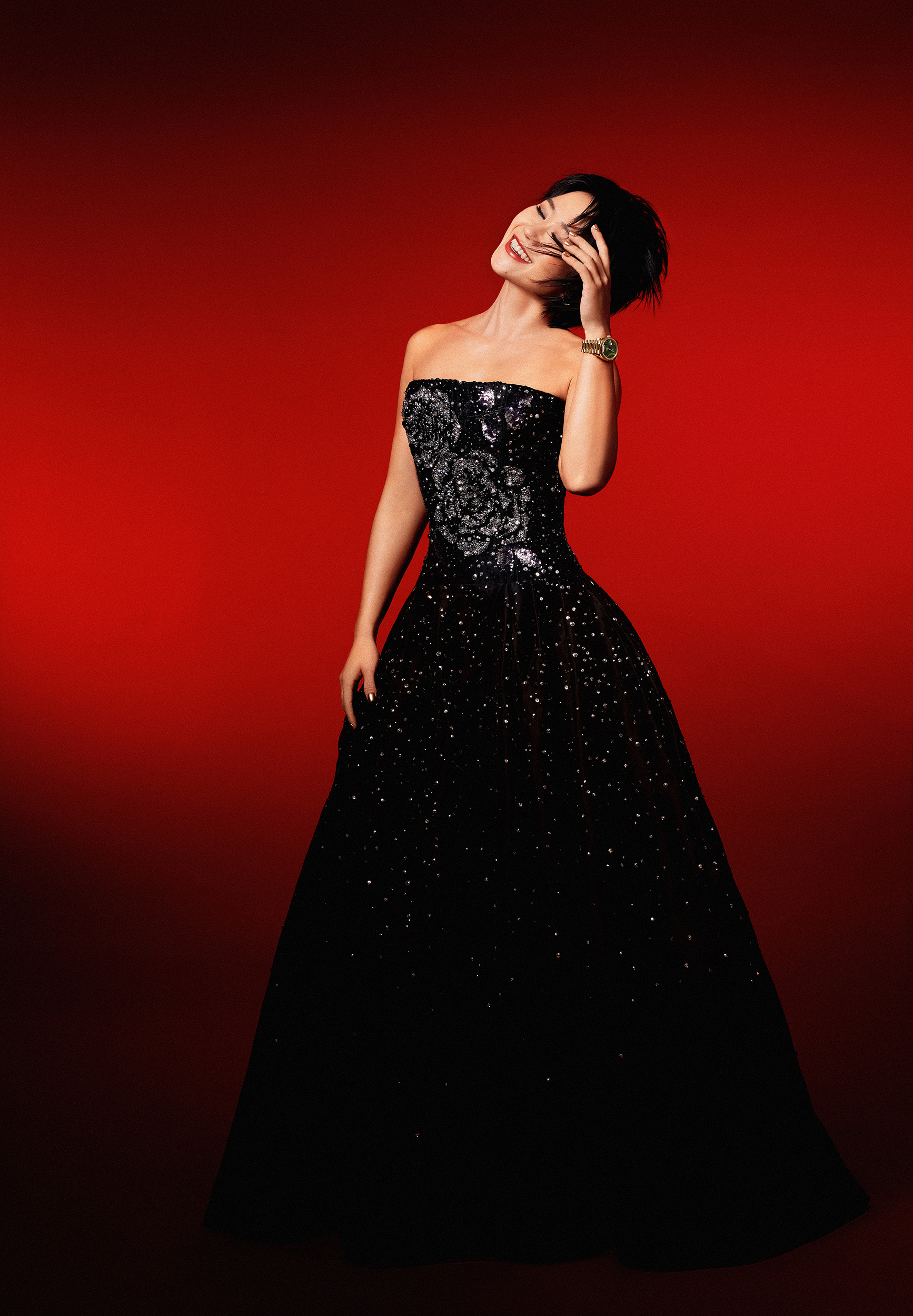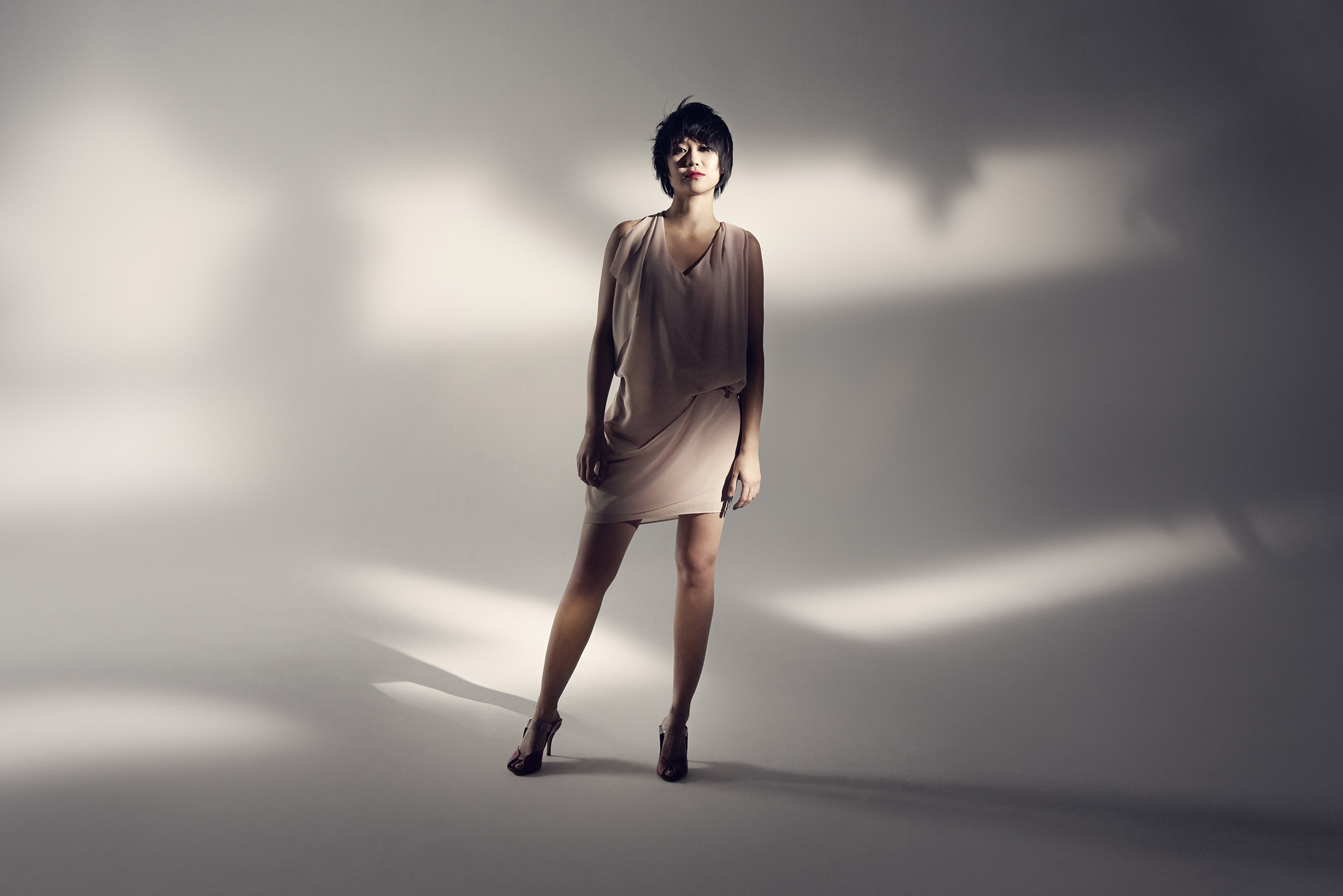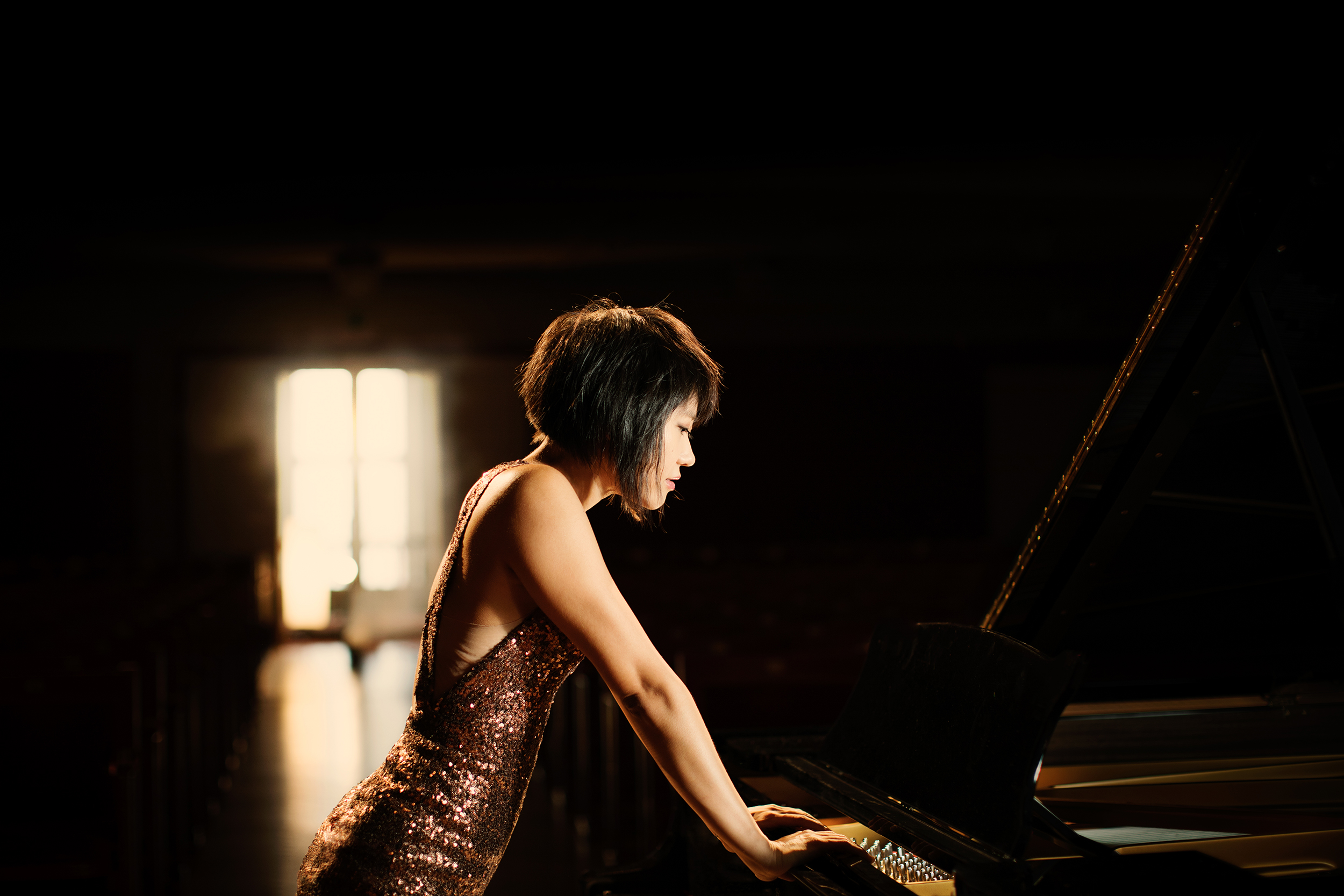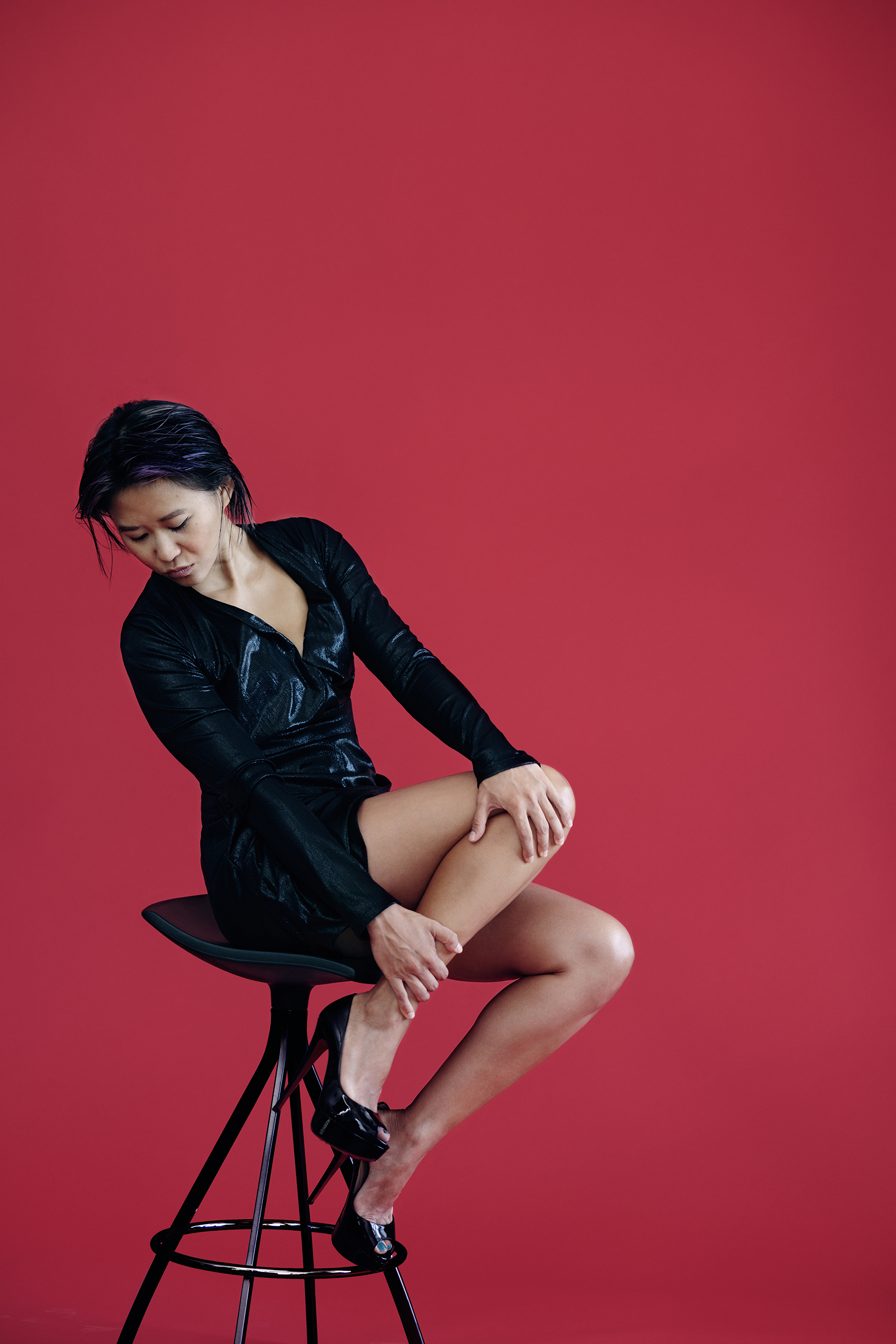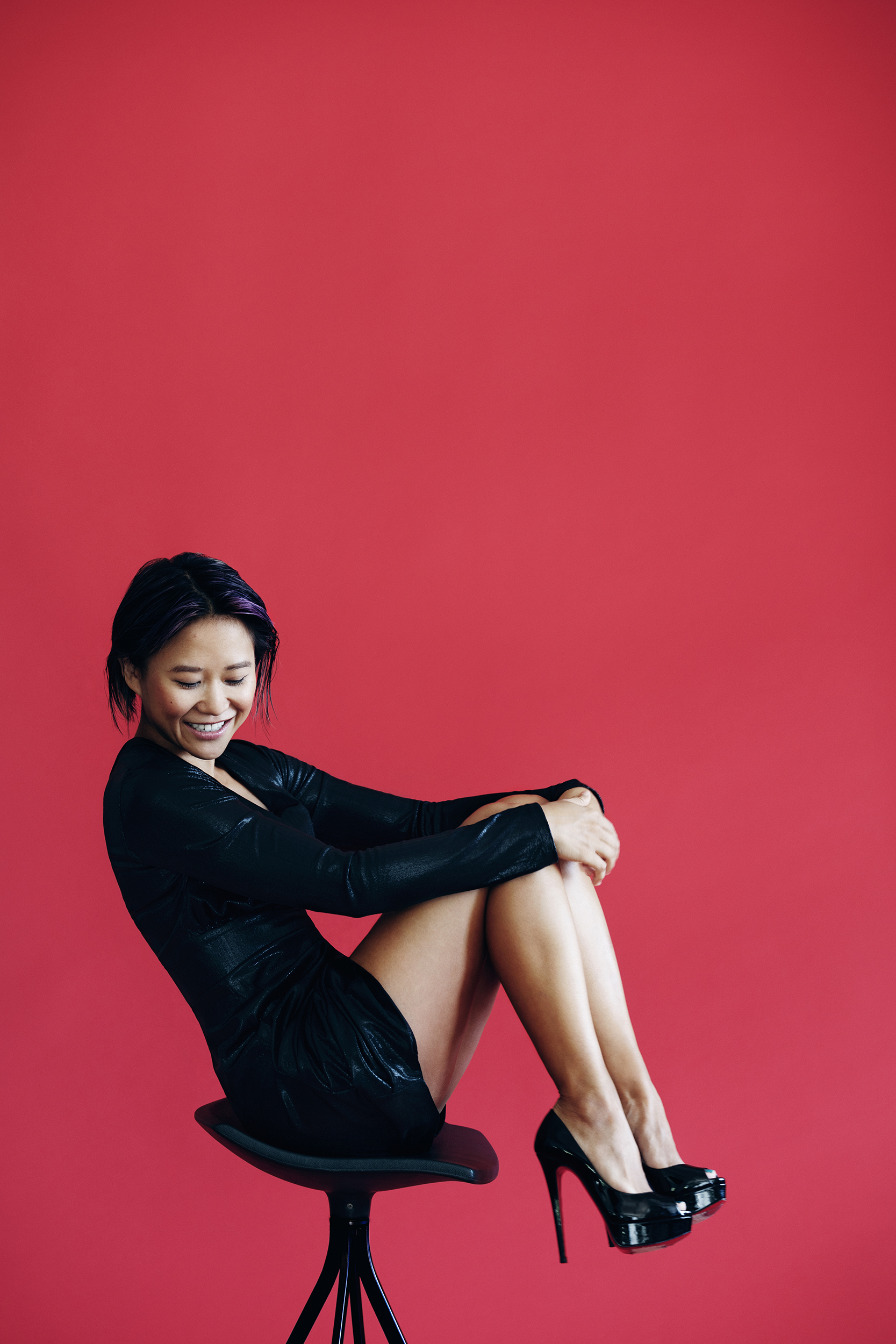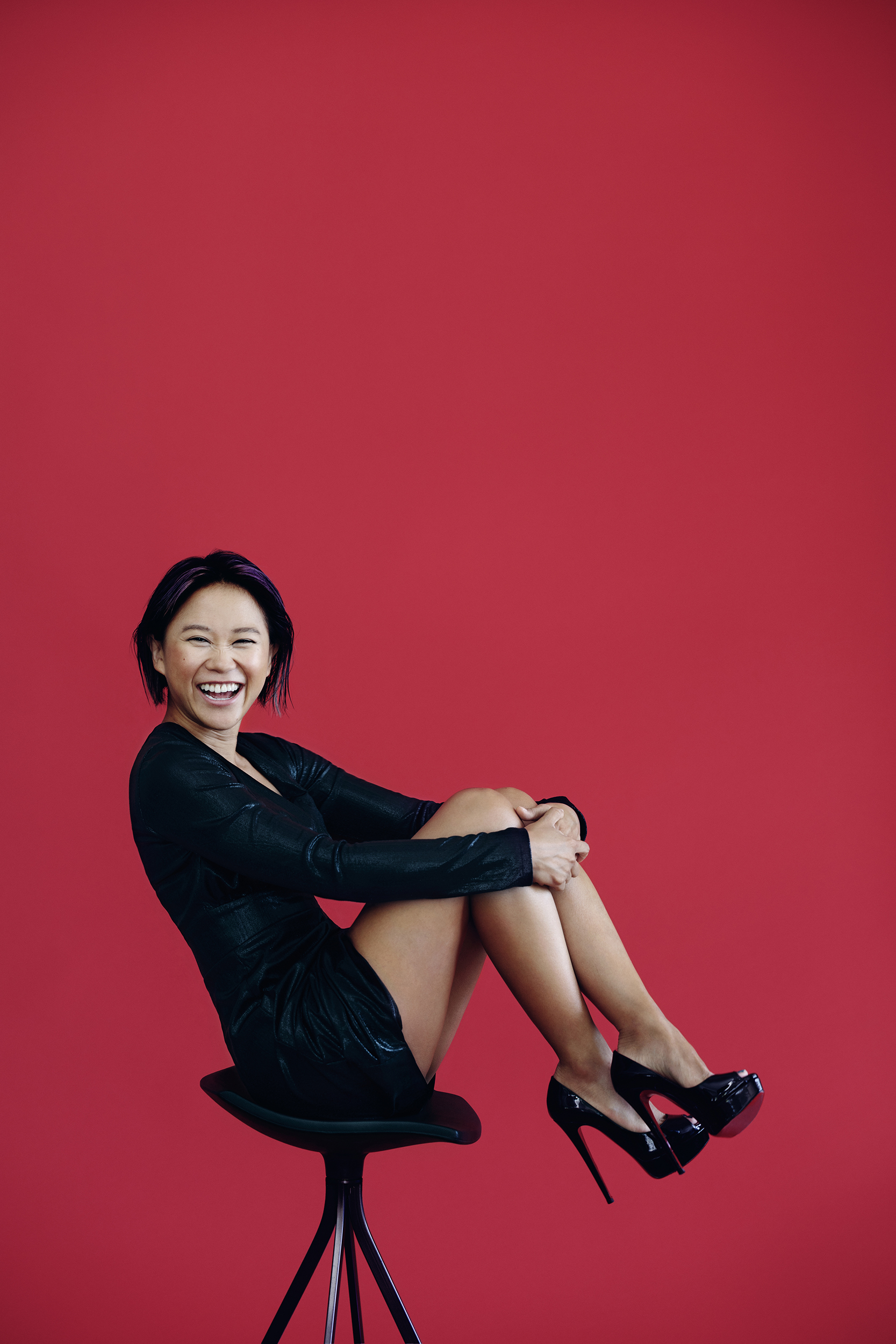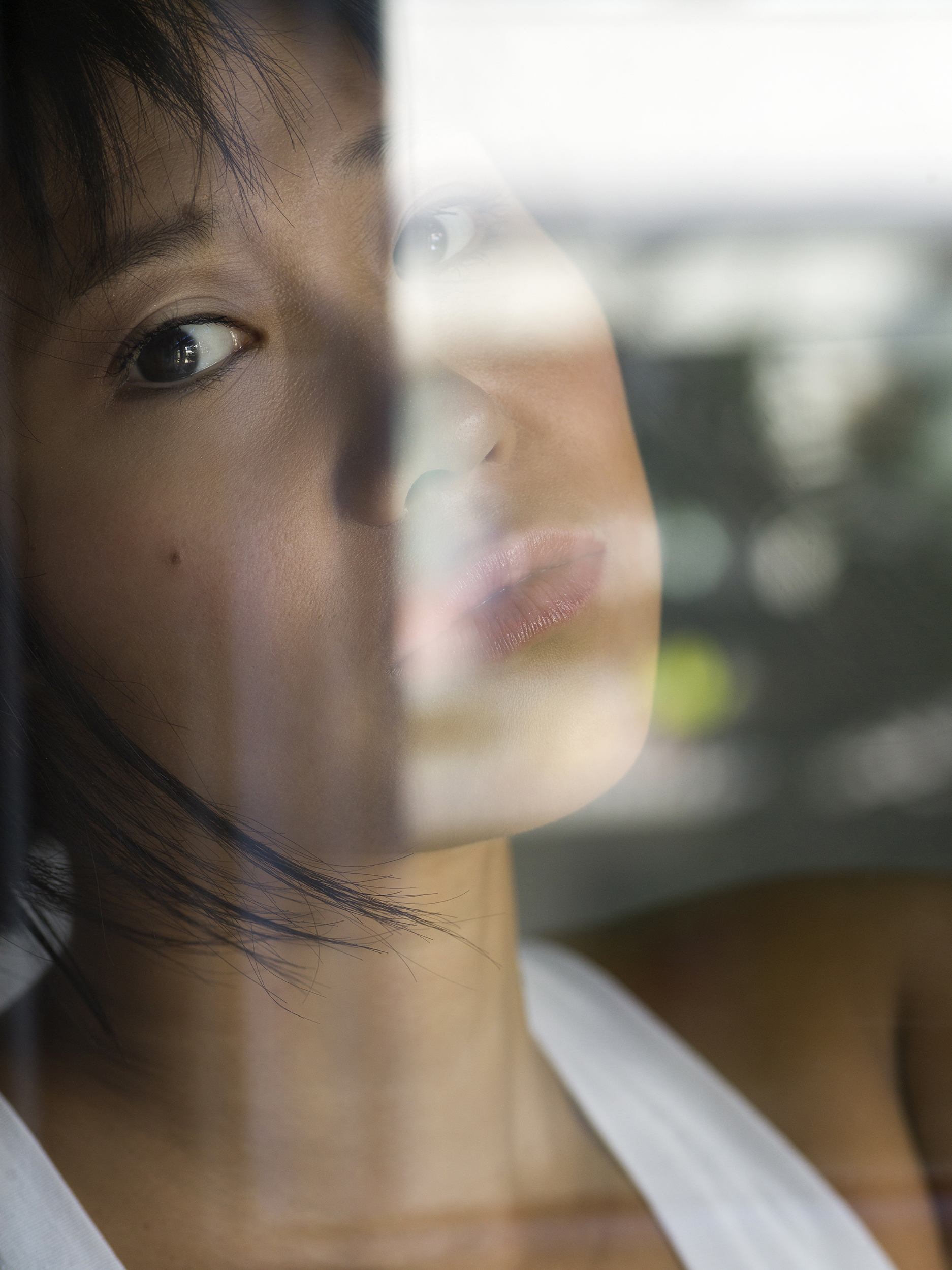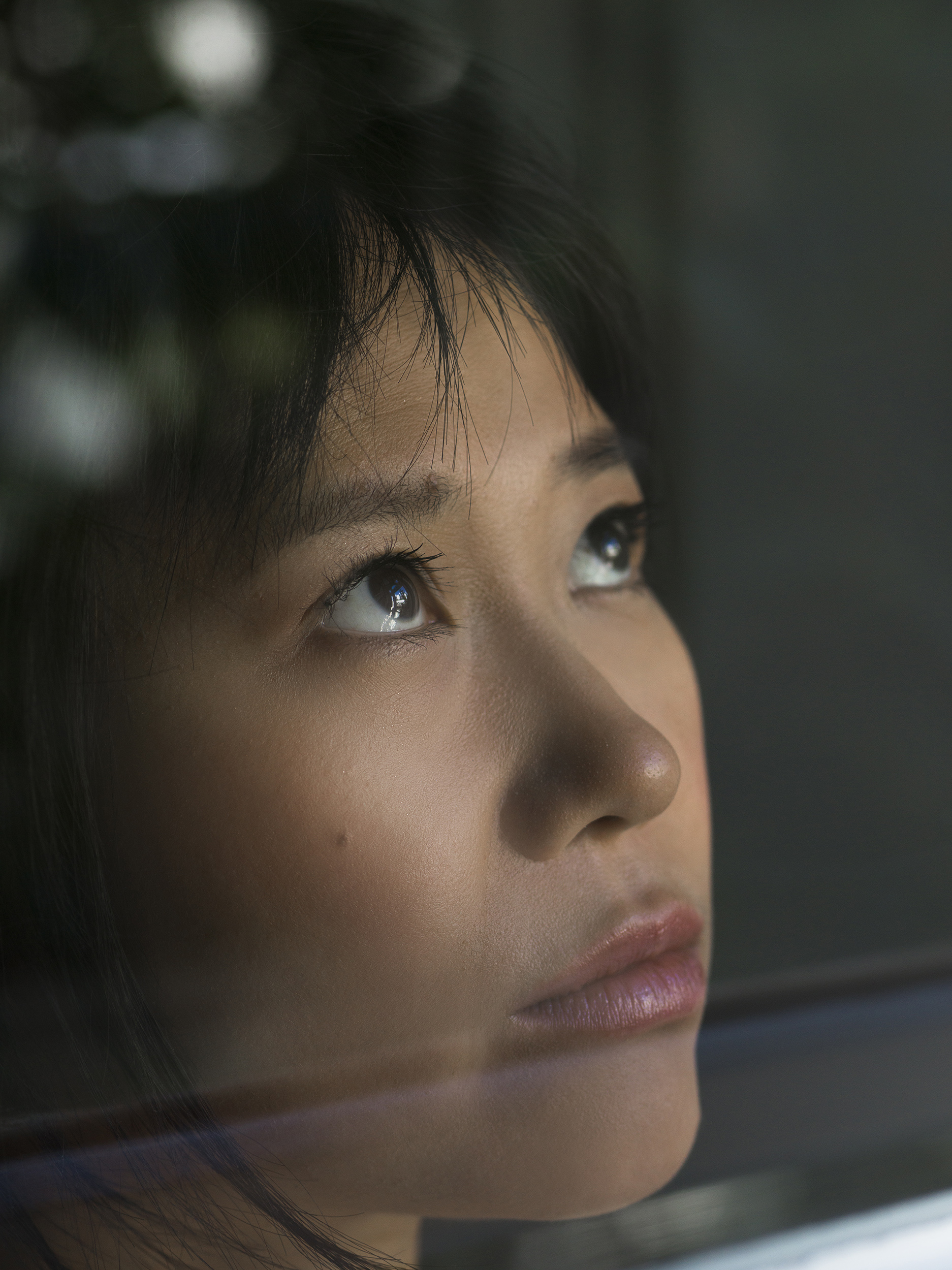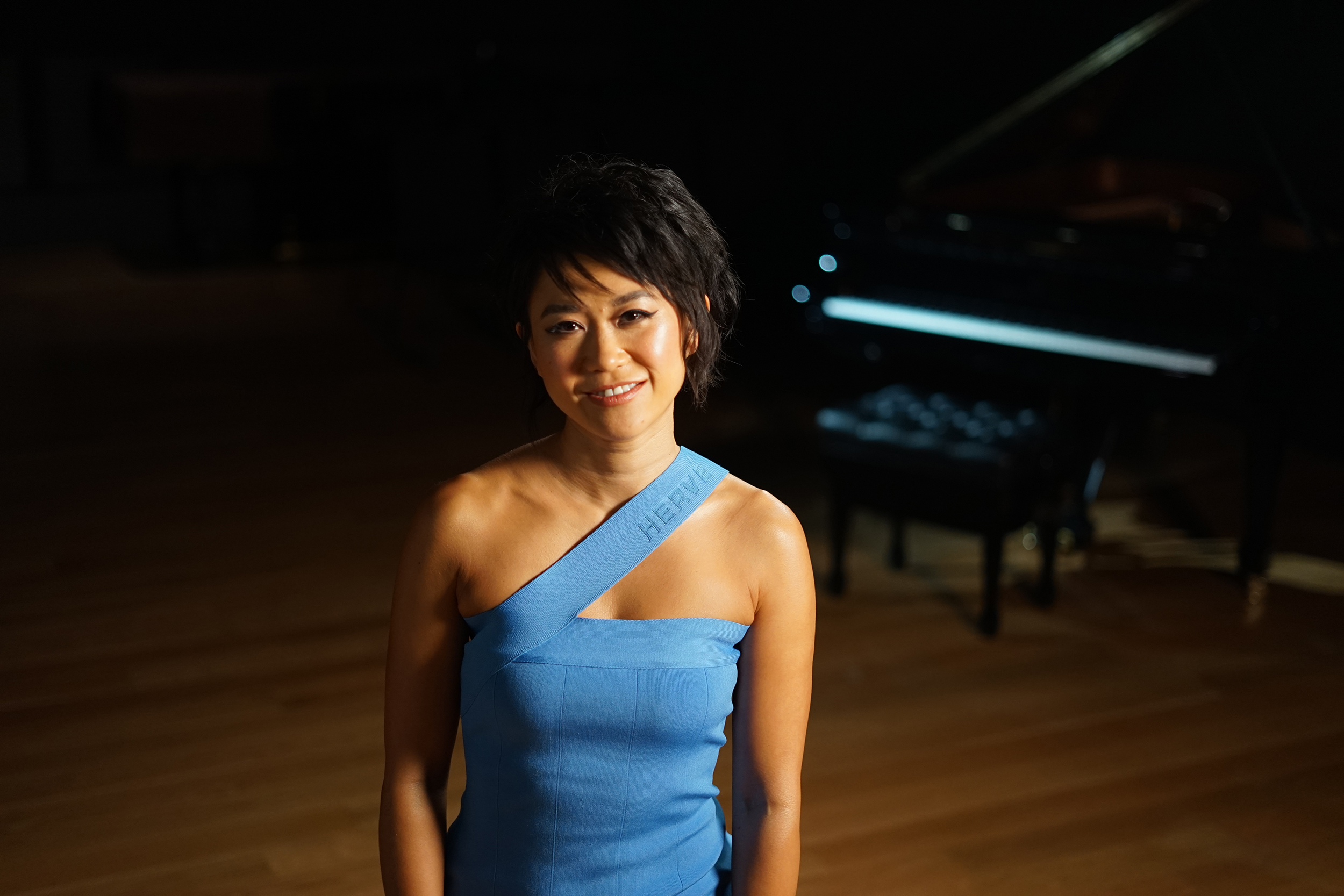Mahler Chamber Orchestra – Yuja Wang
Works by Beethoven, Chopin, Stravinsky, Tchaikovsky

One of the mightiest orchestras in Europe, the Mahler Chamber Orchestra returns to the Odeon of Herodes Atticus fifteen years after its last Festival appearance in 2010, under the baton of the then-emerging conductor Constantinos Carydis. This year, the remarkable Yuja Wang—the renowned Chinese pianist who enchanted the audience with her 2019 performance at the Roman Odeon—takes on dual roles as soloist and maestra.
Founded in 1997 by the legendary Claudio Abbado, the Mahler Chamber Orchestra was named in homage to the conductor’s favourite composer. An international nomadic collective, the Mahler Chamber Orchestra consists of forty-five exceptional musicians from twenty countries. Without a fixed home base, the orchestra relocates to various European cities to prepare for the ensemble’s world tours.
Under the artistic leadership of its founder and mentor, Abbado, and later Daniel Harding, now its Conductor Laureate, the Mahler Chamber Orchestra continues to expand its boundaries through its far-reaching artistic collaborations with world-class soloists and conductors. The orchestra is renowned for its distinctive approach, often performing without a conductor or under the guidance of select musicians from its network of artistic collaborators—a concept that will come into full play in this July performance.
In this spirit, the orchestra will open the evening with Beethoven’s dramatic Coriolan Overture, performed without a conductor. A musical depiction of the Roman General’s inner struggle, the work contrasts his insatiable thirst for vengeance with his mother’s desperate plea to spare Rome. Similarly, Stravinsky’s Octet for Wind Instruments—a work of discreet yet playful vivacity that announced the composer’s transition to anti-Romantic neoclassicism—will be brought to life through the same baton-less treatment.
For the evening’s solo works, the charismatic Yuja Wang will lead the orchestra from her piano across a highly demanding program featuring some of Romanticism’s most untouchable moments. Driven by the emotional breadth of her performance, she is set to infuse new energy into the orchestra’s signature elaborate and sensitive sound. Chopin’s Piano Concerto No. 2 (1930), a grand work of early Romanticism, brims with expressive depth, its melancholic and daydreaming tone punctuated by brushstrokes of joy. The climax is reserved for one of the most iconic works of the late Romantic period: Tchaikovsky’s Piano Concerto No. 1. A tour de force requiring both unflinching virtuosity and deep emotional insight, it is sure to unleash its dramatic and emotional nuances in the masterful fingers of Yuja Wang, while its majestic and nostalgic opening melody lingers long in the memory of every listener.
Yuja Wang piano and director
José Maria Blumenschein concertmaster and leader
Ludwig van Beethoven (1770–1827)
Coriolan Overture, Op. 62 (8')
Frédéric Chopin (1810–1849)
Piano Concerto No. 2 in F minor, Op. 21 (32')
Igor Stravinsky (1882–1971)
Octet for Wind Instruments
Pyotr I. Tchaikovsky (1840–1893)
Piano Concerto No. 1 in B-flat minor, Op. 23 (32')
Odeon of Herodes Atticus
- 15/07/2025 at 21:00
all events
Opera | Theatre | Dance | Premiere | Greek Debut
Ancient Theatre of Epidaurus | Odeon of Herodes Atticus
all venues


